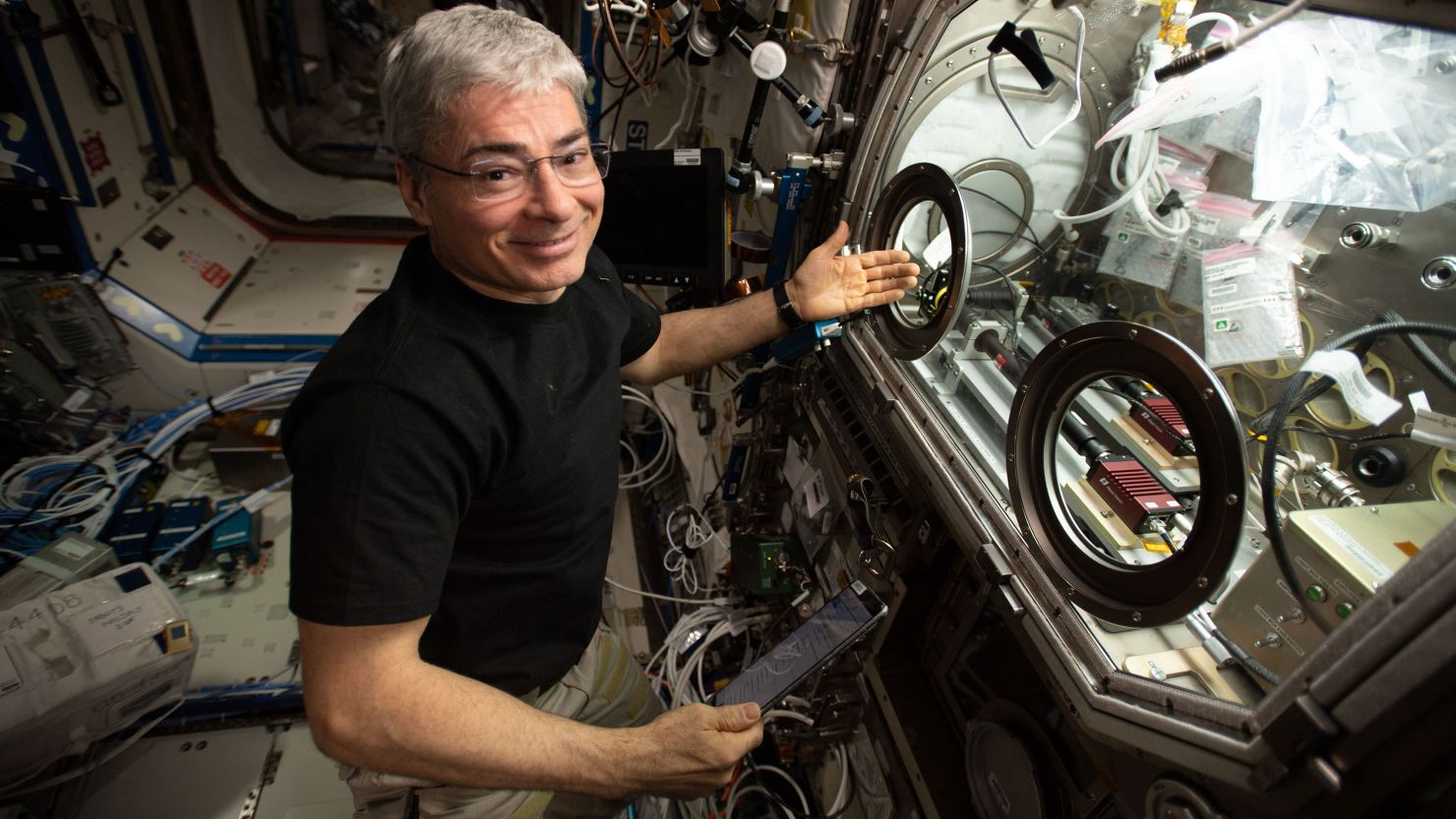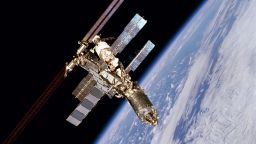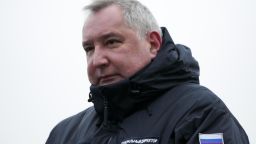NASA said Monday that NASA astronaut Mark Vande Hei will return from the ISS later this month aboard a Russian Soyuz spacecraft as previously planned. The space agency sought to reaffirm Monday that it’s still working closely with Russian space agency Rocosmos on the International Space Station, despite mounting geopolitical tensions.
Vande Hei, who launched to the ISS in April 2021, is slated to make his return trip on March 30. He’ll land aboard the Russian Soyuz spacecraft in Kazakhstan, as is customary. NASA officials did not say there would be any significant changes to plans to get Vande Hei back to the United States after he lands. He’ll travel home via a Gulfstream jet, as other US astronauts have before him.
For nearly a decade, Russia’s Soyuz vehicles had been the only means of getting astronauts to and from the space station. But that reliance ended after SpaceX debuted its Crew Dragon capsule in 2020, and the US regained human spaceflight capabilities
The US still has previously purchased seats on Russian vehicles for NASA astronauts, however, and there are tentative agreements for US astronauts to ride on Russian Soyuz vehicles and for Russian cosmonauts to fly with SpaceX in the future.
Joint operations between NASA and Roscosmos at the Russian facilities at Baikonur, Kazakhstan “continue to go well,” Joel Montalbano, the manager of NASA’s International Space Station program, said, “I can tell you for sure Mark [Vande Hei] is coming home” on the Russian Soyuz spacecraft.
Montalbano’s remarks come as Roscosmos chief Dmitry Rogozin made several fiery social media posts directed at the United States, including a heavily edited, partially animated video that appeared to threaten that Russian astronauts would abandon Vande Hei in space. Rogozin has long been known to share outlandish statements on social media.
Amid Russia’s invasion of Ukraine and the subsequent sanctions from the United States and its allies, Rogozin has also grounded the launch of telecom satellites from UK-based startup OneWeb. He’s also pledged to no longer sell Russian-made rocket engines to US companies.
Despite mounting tensions, NASA has attempted to convey that, behind the scenes, the US and Russia continue to work together on ISS operations. Earlier Monday, Russian state new outlet Tass announced Vande Hei would return on the Russian spacecraft as planned.
And that work is crucial to keep the station going. Montalbano said the “space station was designed to be interdependent.”
“Each of the partners have different capabilities that they bring, and together we work,” he said. “It’s not a process where one group can separate from the other. We need everything together in order to be successful.”
When CNN’s Kristin Fisher asked whether NASA has contingency plans in place in case the Roscosmos-NASA relationship does deteriorate, Montalbano said, “the International Space Station, I’ll tell you, it’s been the flagship model for international cooperation.”
“At this time there’s no indication from our Russian partners that they want to do anything different,” he said. “So, we are planning to continue operations as, as we are today.”
NASA’s Montalbano said Monday that they are continuing to work on those negotiations and plan to move forward with a crew swap agreement.








